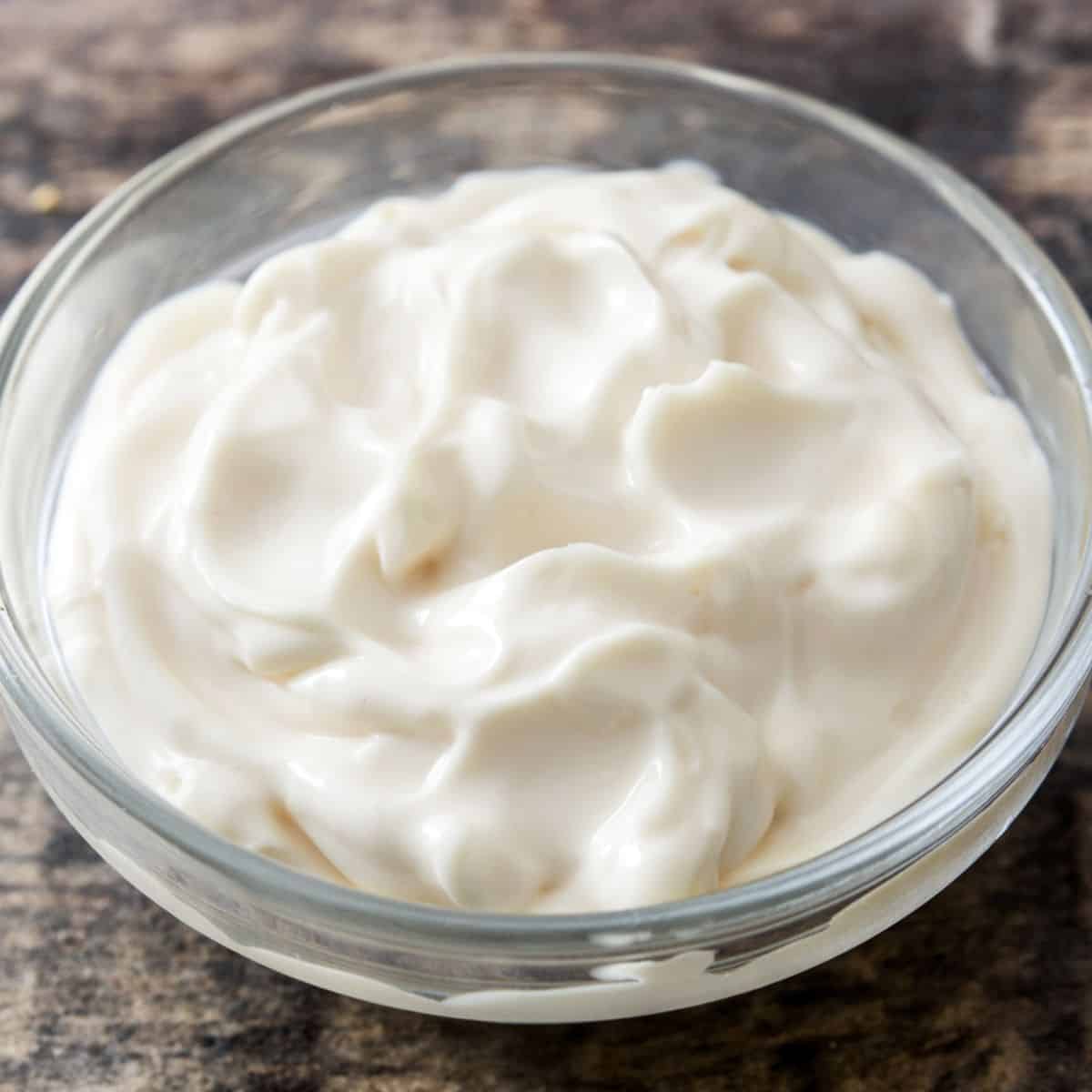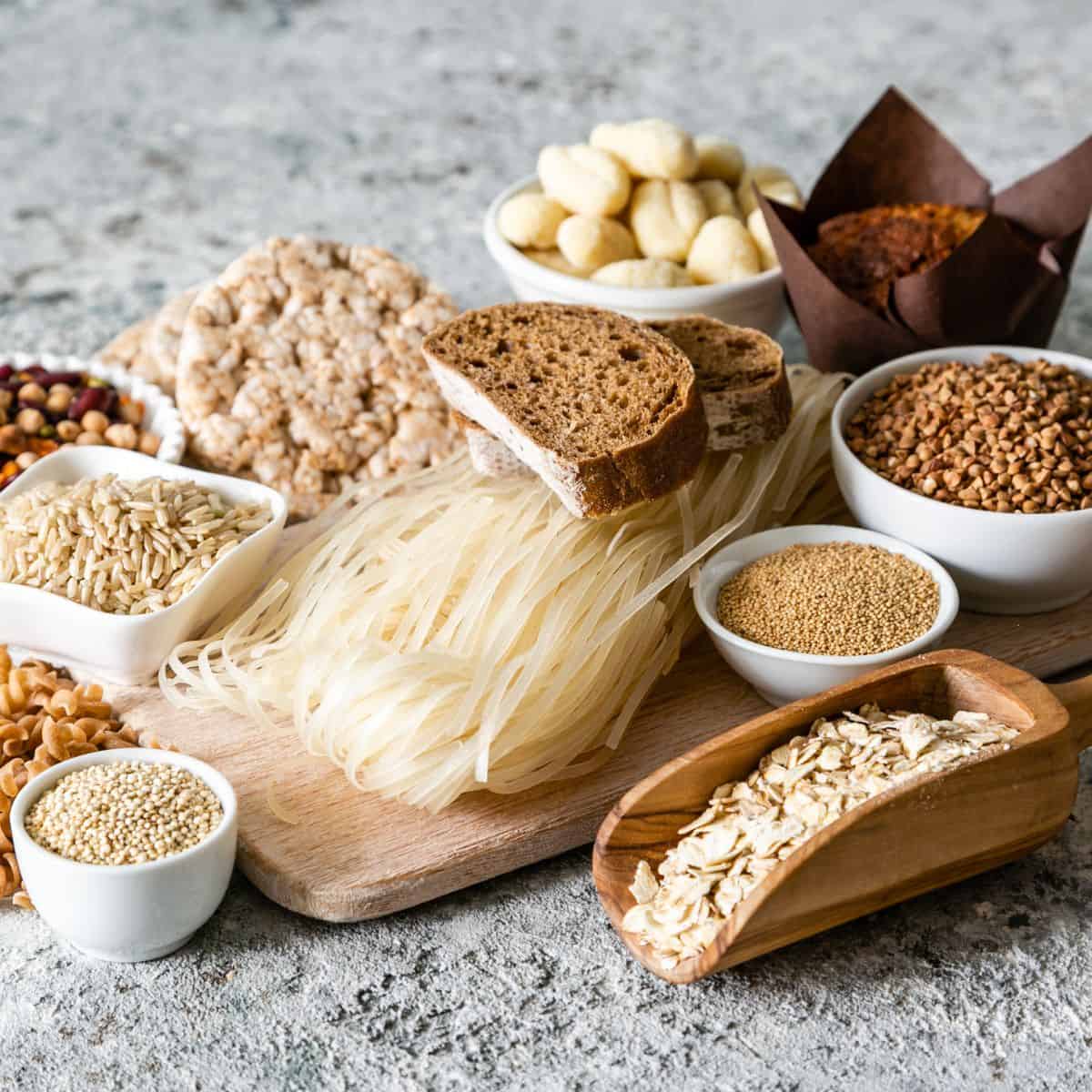Ketosis is a metabolic state where the body uses fat instead of carbohydrates for energy. It is a natural process that occurs when the body does not have enough carbohydrates to use as fuel and instead turns to fat for energy. During ketosis, the body produces ketones, which are molecules that are produced when the body breaks down fat for energy. Ketones are then used as an alternative energy source for the body.
What Happens When We Aren't in Ketosis
Ketosis is a metabolic state in which the body uses fat as its primary source of energy instead of carbohydrates. When the body is in a state of ketosis, it produces ketones which are molecules that are formed from fat breakdown and are used for energy. When we aren't in ketosis, our body doesn't produce ketones and instead relies on carbohydrates for energy.
1 - Difficulty Losing Weight
When we aren't in ketosis, it can have a variety of effects on our bodies. One of the main effects is that we may have difficulty losing weight. Because our body is using carbohydrates for energy instead of fat, it will be more difficult to burn fat stores. This can lead to weight gain or difficulty losing weight despite diet and exercise.
2 - It's Harder for the Body to Produce Energy
Without ketones, our body also has to work harder to produce energy. This can lead to fatigue, as our body is not as efficient at producing energy. Additionally, without ketones, our body is not able to use fat for energy. This can lead to cravings for carbohydrates and sugar, as our body may be trying to get energy from these sources.
3 - Prone to Diseases
Finally, without ketones, we may be more prone to diseases and illnesses. Ketones help regulate inflammation in the body, and when we are not in ketosis, our bodies may be more prone to inflammation. Additionally, ketones help our body regulate blood sugar and cholesterol levels, and when we are not in ketosis, our body may struggle to regulate these levels.
Why Ketosis Happens
Ketosis is a metabolic process that occurs in the body when there is a lack of carbohydrates available for energy. This process results in the body relying on fat for fuel instead of carbohydrates. Ketosis is a normal metabolic process and is often seen in people who are fasting or following a low-carbohydrate diet. When in ketosis, the body produces ketones, which are byproducts of fat metabolism.
1 - The Body Needs to Break Down Carbohydrates
Ketosis occurs when the body is unable to use carbohydrates for energy. This happens because the body needs to break down carbohydrates into glucose to use as energy. When there isn't enough glucose available, the body turns to fat as an alternative fuel source. The body breaks down the fat into fatty acids and then into ketones, which can be used as energy.
2 - Burn Fat More Efficiently
When in ketosis, the body can burn fat more efficiently than when it relies on carbohydrates. This increased fat-burning can lead to weight loss, which is why many people choose to follow a low-carbohydrate diet or intermittent fasting. The body also uses ketones as a source of energy, which can help increase mental clarity and focus.
How Is Keto Beneficial?
Ketosis is not only beneficial for weight loss and improved mental clarity, but it can also help treat certain medical conditions. For example, ketosis has been shown to help reduce seizures in individuals with epilepsy. It can also help improve blood sugar levels in people with type 2 diabetes.
Achieving Ketosis
Ketosis can be achieved through a low-carbohydrate diet or intermittent fasting. When following a low-carbohydrate diet, it is important to focus on eating whole, unprocessed foods and limiting added sugars. When fasting, it is important to stay hydrated and to consume adequate amounts of healthy fats.
Conclusion
Ketosis is a natural metabolic process that occurs when the body does not have enough carbohydrates to burn for energy. It is a state in which the body breaks down fat and produces ketones, which are then used as an alternative fuel source. Ketosis has been linked to multiple health benefits, such as improved mental clarity, better appetite control, and increased fat burning.
It has also been found to be beneficial in weight loss and diabetes management. To enter and maintain ketosis, it is important to limit carbohydrate intake and increase dietary fat consumption. Additionally, following a regular exercise routine and consuming enough electrolytes can help support the body during ketosis.
If you are looking for the best keto recipes to help you on your journey, Keto Diet Yum can help you! We have keto guides with everything you need to know, including delicious recipes, tips for starting, tips for eating out, and complete meal plans to get you started. View our many resources today!




